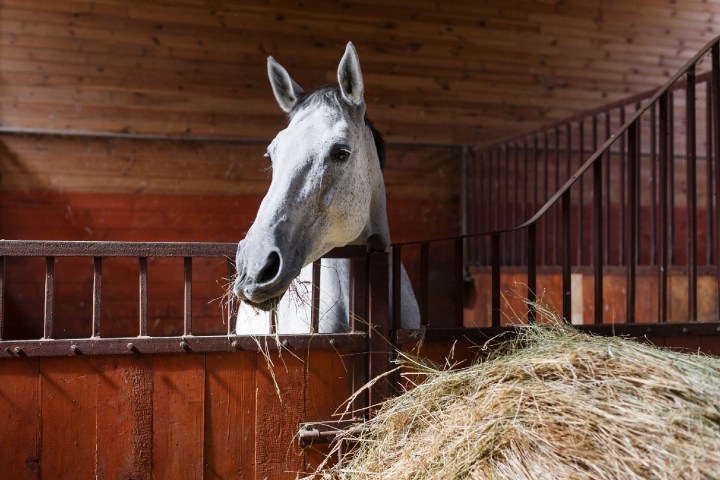
“We have produced equine antibodies against Ebola virus and have shown that they are effective in preventing death of non-human primates if given 24 hours after a lethal dose of Ebola virus,” Alexander Khromykh, Professor of Molecular Virology at Australia’s University of Queensland, told Digital Trends. “The post-exposure treatment commenced at 24 hours after Ebola infection and was continued daily for five days. This was sufficient to greatly suppress Ebola virus replication in animals and allowed [them] to develop their own immune response, which subsequently cleared the virus.”
According to Khromykh, the closest treatment to the one created by his team are the monoclonal antibodies developed for treating infected medical professionals.
The problem with that solution? That manufacturing large quantities of monoclonal antibodies is expensive and requires specialized facilities. That is all well and good in some parts of the world, but less feasible in developing and resource-poor countries. Not coincidentally, these are where the largest outbreaks have been — such as the 2014-2016 outbreak in west Africa, which infected 30,000 people and killed more than 11,000.
The new alternative, however, relies on equine antibody production, which is already in widely manufactured and used to treat things like snake bites.
So when will this be made available to the public? Sadly the answer may be, “don’t be so hasty.”
“We are actively seeking support to generate sufficient material so that our process would be ready to roll as soon as the next Ebola outbreak occurs,” Khromykh said. But he noted that this is not an easy task since the last crisis has ended and “preparedness is not usually high on anyone’s agenda.”
Editors' Recommendations
- AMD has another new GPU that it says can beat the RTX 4060 Ti
- PC gamers are flocking to Windows 11, new Steam survey says
- Google’s new Bard AI may be powerful enough to make ChatGPT worry — and it’s already here
- Did Apple just forget about its brand-new Studio Display?
- Intel says its Alder Lake gaming CPU issues have been fixed


